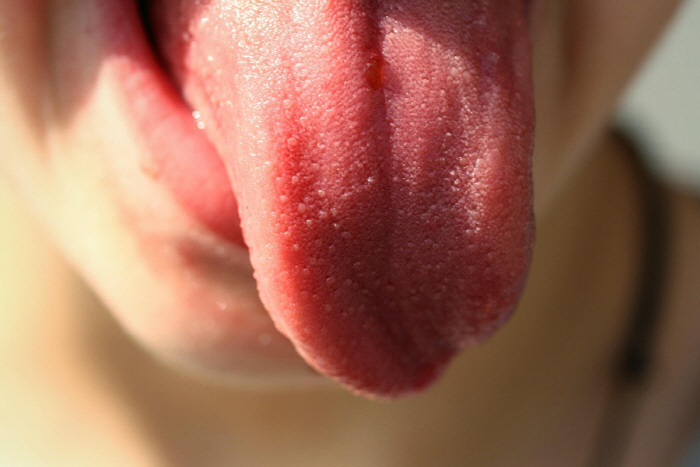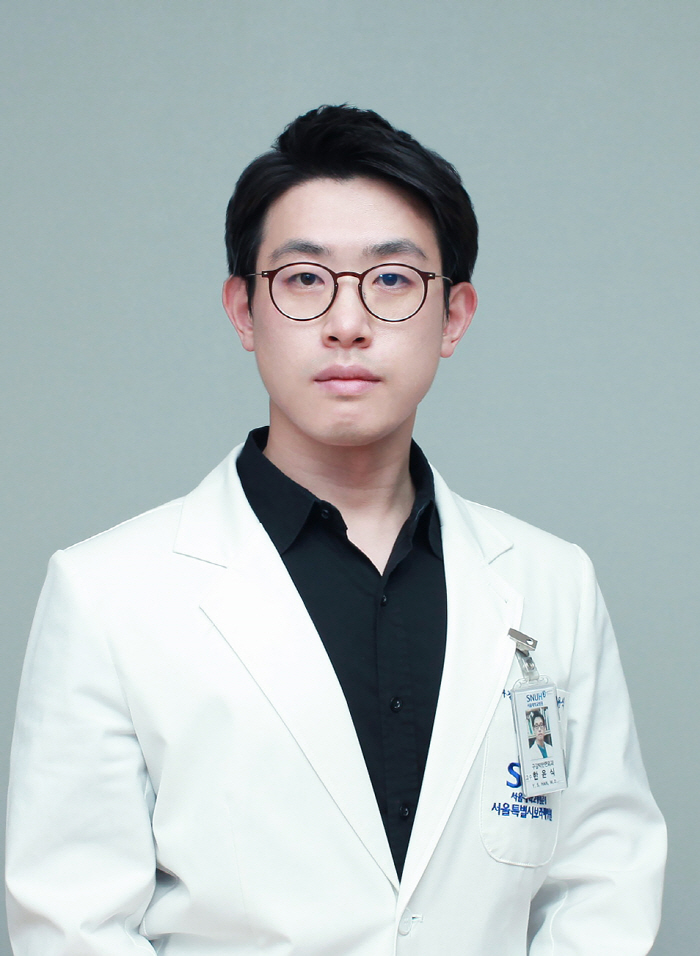If your mouth is dry and it's hard to pass over the rice...How to manage dry mouth during cancer treatment
Nov 20, 2025
|
"I can't even eat kimchi because my tongue stings and splits."
One of the unexpected discomfort experienced during cancer treatment is dry mouth (dry mouth). Although it is easy to regard it as simply a symptom of dry mouth, it is an important issue that affects the treatment effect, nutritional intake, and risk of infection. The reasons for dry mouth and management methods were summarized with the help of Professor Han Yoon-sik of the dental clinic at Boramae Hospital in Seoul, which operates Seoul National University Hospital.
◇ More frequent dry mouth than expected in cancer patients
Dry mouth is a surprisingly common symptom. It appears in about 10-20% of the general adult population, and increases significantly to 30-40% in those over 60 and 60-70% in those over 70.
Women are about twice as common as men, and up to 40% to 50% are reported in diabetics. Especially in cancer patients, the frequency is much higher. Dry mouth occurs in more than 50-60% of cases of radiation treatment in the head and neck, about 40% after chemotherapy, and more than 70% of cases of damage to the salivary glands due to radiation and surgery. In other words, one in two to three cancer treatment patients experience dry mouth.
◇Dry mouth caused by decreased salivary gland function
It is easy to think of dry mouth as a simple temporary phenomenon, but if salivary gland function decreases and salivary secretion decreases continuously, it is diagnosed as 'dry mouth'.
Saliva is not just water to wet the mouth, but it plays various roles such as food digestion, bacterial suppression, and mucosal protection. When saliva is insufficient, wounds are easily formed, and infections and inflammation are also likely to occur.
In particular, cancer patients often develop dry mouth due to damage to salivary glands or poor function due to radiation therapy or anticancer drugs. When radiation therapy is performed in the head and neck area, the salivary glands are directly destroyed, and anticancer drugs also attack salivary gland cells together, reducing saliva secretion.
In addition, several factors such as age, menopause, stress, smoking, drug side effects (antidepressants, antihistamines, diuretics, etc.), Sjogren syndrome, diabetes, mouth breathing, and dry environment work together to worsen symptoms.
◇ What are the signs of dry mouth?
Dry mouth begins slowly. At first, it appears as dry, sticky, bubbling, or a split tongue and lips. Gradually, it can lead to difficulty swallowing (especially solid food), thirst, difficulty speaking, or wheezing.
When the antimicrobial action of saliva decreases, mouth odor (mouth odor) may occur, cavity, gum disease, and fungal infection (candidosis). Rarely, herpes infection or chemotherapy-related oral mucitis may be accompanied.
In addition, changes in taste (bitterness, metallic taste) may occur, leading to reduced food intake and decreased nutrition. This change is not just an inconvenience, but a signal that directly affects treatment continuation and recovery. If symptoms are left unattended, it can worsen into pain, inflammation, and difficulty eating, which can lead to discontinuation of chemotherapy.
On the other hand, the habit of applying saliva frequently because your lips are dry is rather a aggravating factor.This is because when saliva dries, moisture evaporates together, making it drier. Instead, it is much more effective to use moisturizers such as Vaseline or lip balm.
◇Management methods that can be practiced in life
First of all, the basics are water replenishment and humidity maintenance. If there are no special restrictions such as heart and kidney disease, share 1.5 to 2 liters of water several times a day, but when water alone is insufficient, it is helpful to eat watery vegetables such as cucumbers and radishes together.
Coffee, tea, and alcohol with caffeine should be avoided because they can release moisture from the body and worsen symptoms. The indoor humidity is about 40 to 60%. It is important to use the humidifier while keeping it clean, and if it is too dry at night, it is easy to dry your mouth.
The drier the mouth, the easier the bacteria reproduce, so oral hygiene management is very important.
First of all, toothpaste is good for products with less foam and no sodium lauryl sulfate (SLS). Menthol and eucalyptol ingredients with a strong refreshing feeling are recommended to avoid because they dry the mouth more.
Oral cleansers choose alcohol-free products, which are temporarily refreshing with alcohol but can make the mucous membrane drier.
It is effective to remove leftover food waste with an interdental toothbrush or water pick after brushing your teeth.
In addition, for patients who have received head and neck radiation therapy, consulting a dentist with high fluoride (5000 ppm) toothpaste or fluoride gel helps prevent tooth decay.
◇Hospital Help
If your symptoms are severe or disrupt your daily life, you can get help from the hospital.
First of all, artificial saliva and oral moisturizers protect the mucous membrane with spray and gel-type products similar to the composition of saliva.
Salivary gland stimulants (pilocarpine, cevimelin, etc.) are effective only when salivary gland function remains, and there may be side effects of increased sweat.
Infections in the mouth are treated with antibiotics, antifungal drugs, and antiviral drugs depending on the causative bacteria.
Above all, early management can reduce pain, treatment costs, and treatment delays.
Professor Han Yoon-sik said that `small management makes a big difference in treatment' and"Eating is very important for cancer patients. In the case of cancer patients, if they focus only on cancer treatment, oral care may be neglected, resulting in various diseases in the oral cavity. This also adversely affects diet, resulting in nutritional imbalance, and consequently delaying recovery from cancer. Protecting oral health through regular dental inspections and daily management is the first step in protecting full-body health. He stressed.
|
This article was translated by Naver AI translator.















